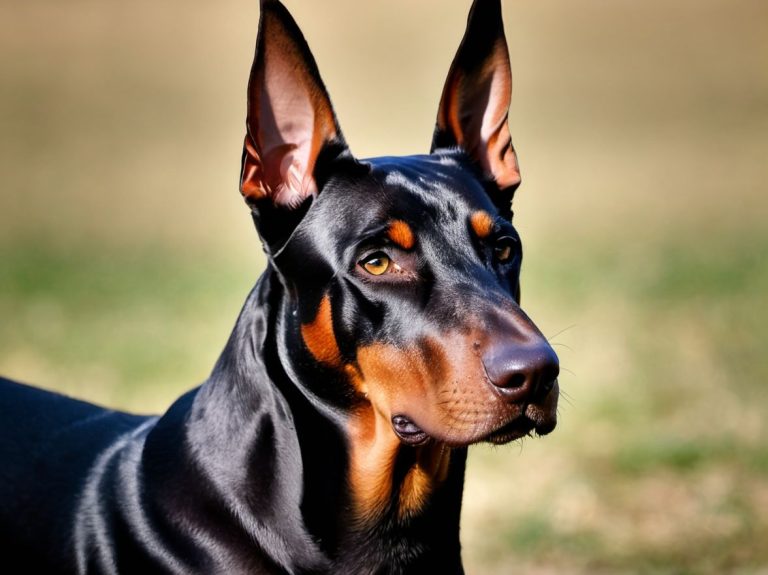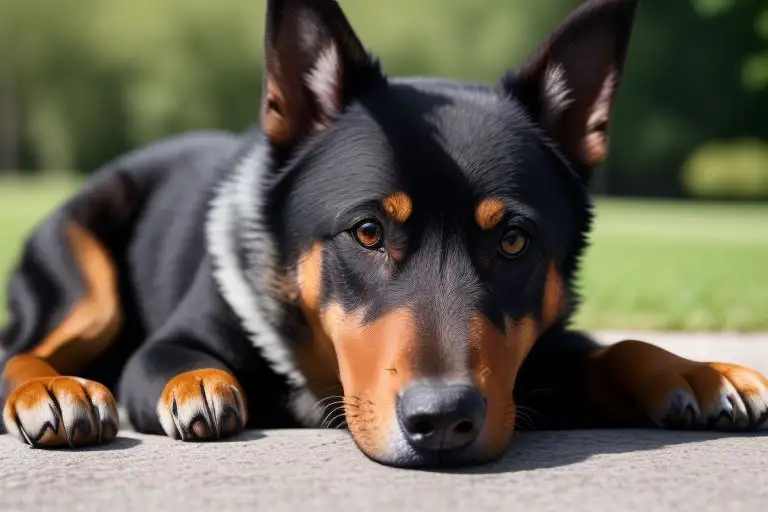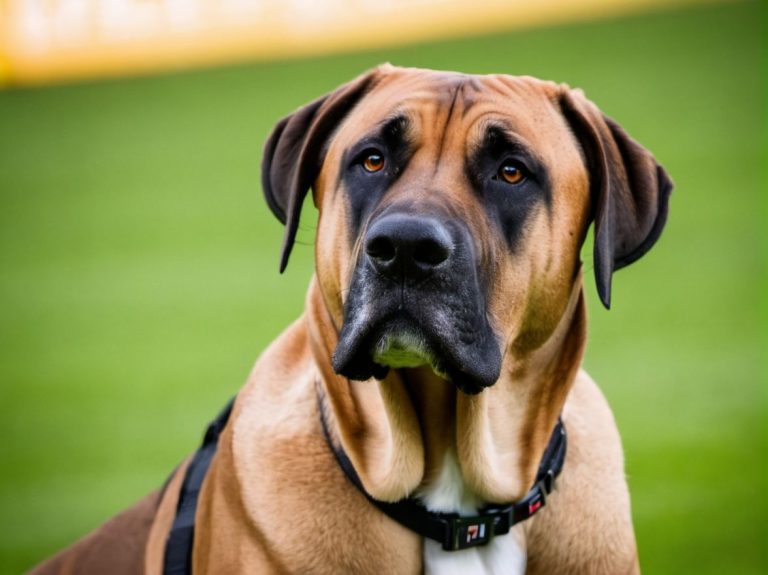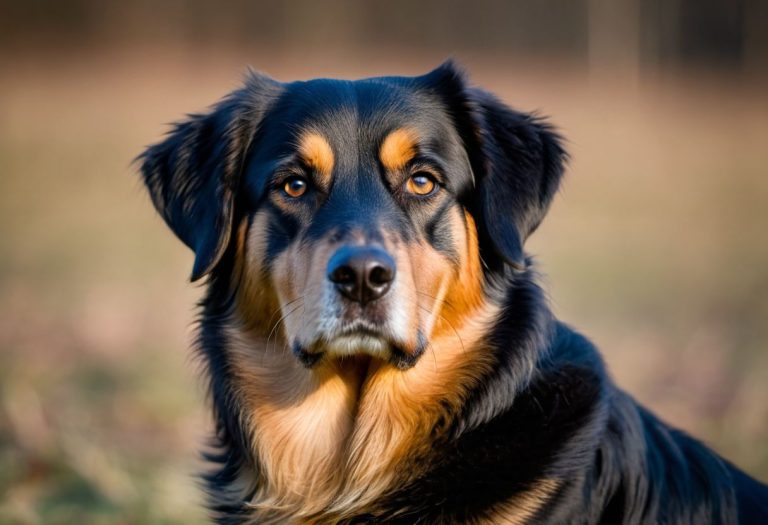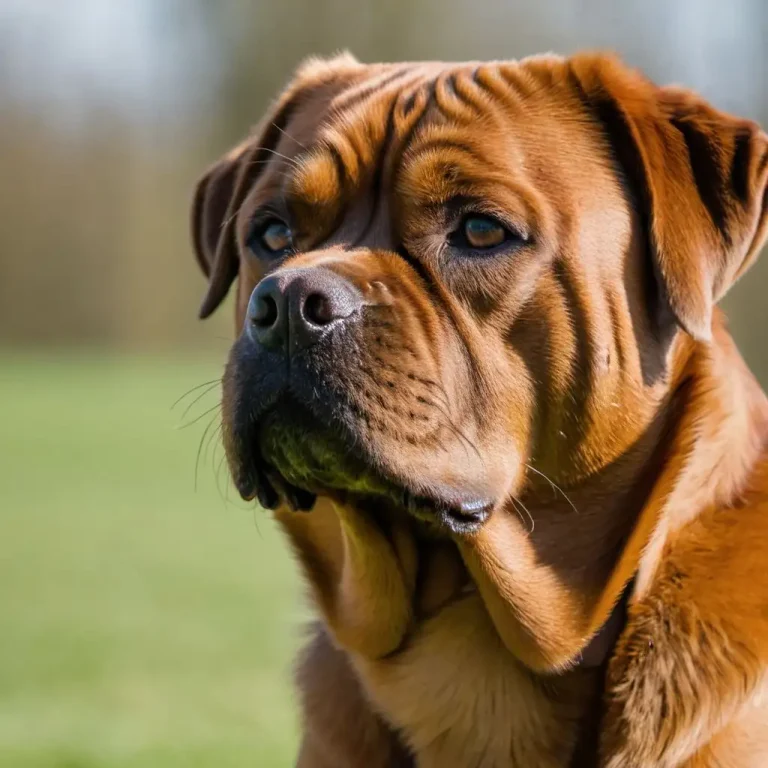ICELANDIC SPITZ: The Icelandic GEM
Discover the Icelandic Spitz, a friendly and intelligent dog breed originating from Iceland. They are perfect for active families seeking a loyal and affectionate companion.
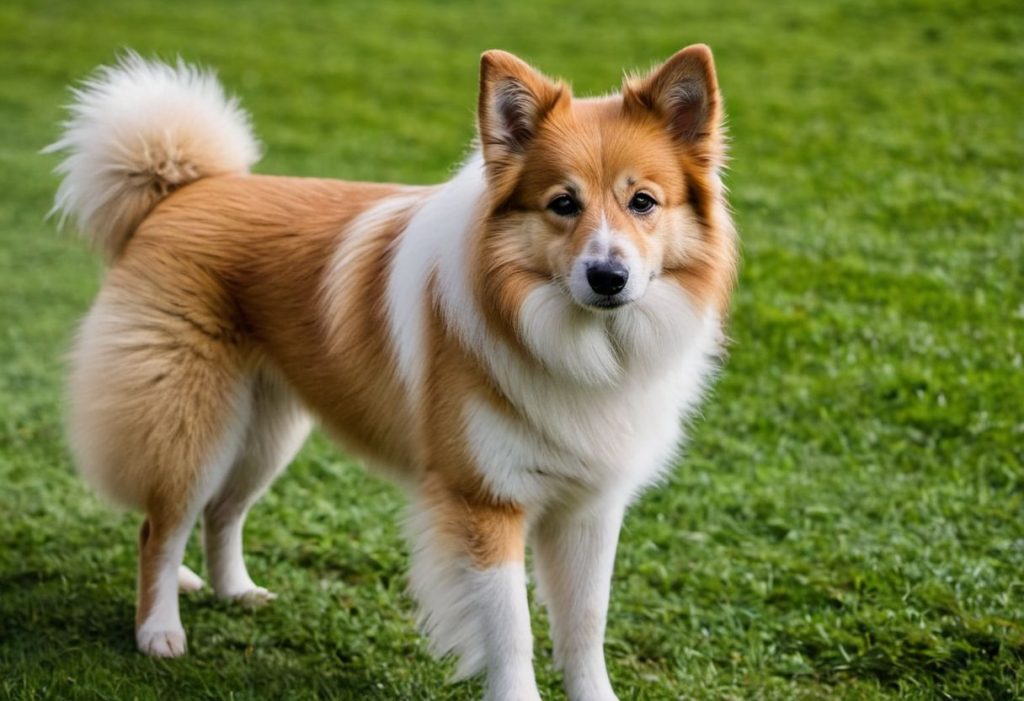
The Icelandic Spitz, also known as the Icelandic Sheepdog that is used for herding livestock and guarding properties. They are alert and make good watchdogs, often barking to alert their owners of any potential threats.
This breed is highly intelligent and easy trainable. These dogs are also active and energetic.
Let’s get started to learn more about their history, temperament, and care requirements.
History
The Icelandic Spitz, also known as the Icelandic Sheepdog, is one of the oldest dog breeds in the world. They have been around for over a thousand years and are native to Iceland. They were brought to Iceland by the Vikings during the settlement of the island; these dogs were primarily used for herding and guarding livestock, as well as for hunting small game like birds and rodents.
Their history is closely linked with the agricultural and farming practices of Iceland, where they played a crucial role in helping farmers manage their flocks and protect them from predators.
Today, the Icelandic Spitz is recognized as a national treasure in Iceland and has gained popularity as a beloved companion and working dog in various parts of the world.
Appearance
This Spitz dog is a medium-sized dog with a beautiful appearance. They have a thick double coat. Their ears stand up straight, and they have a fluffy tail that curls over their back. Their eyes are dark brown and look very smart. They have a friendly and alert expression on their face. Overall, they look a bit like a fox and are very graceful and elegant.

Physical Characteristics
Height
- Male 16-18 inches
- Female 15-17 inches
Weight
- Male 25-30 pounds
- Female 20-25 pounds
Coat
This Spitz breed has a thick double coat.
Color
This breed comes in various colors and shades.
- Various shades of tan
- Reddish-brown
- Black
Eyes
He has dark brown eyes.
Ears
This dog has pricked ears that stand erect.
Tail
The tail is bushy that curls over its back.
Lifespan
The average lifespan is around 12-15 years.
Temperament
This Icelandic sheepdog is known for its friendly, outgoing nature. They are loyal, intelligent, and good-natured, making them great companions for families. They are alert watchdogs and get along well with children and other pets when properly socialized. Their energetic behavior requires regular exercise and mental stimulation.
Grooming
As this dog has a double coat that requires regular grooming to prevent matting and control shedding. Weekly brushing is recommended, with more frequent brushing during shedding seasons. They may need occasional baths, nail trimming, and ear cleaning to maintain their overall hygiene.
Training
Training him requires consistency, patience, and positive reinforcement. They are intelligent dogs and respond well to reward-based training methods. Early age socialization and obedience training are essential to ensure they develop into well-behaved companions. Engaging them in activities such as obedience, agility, and interactive games can help keep them mentally stimulated and physically active.
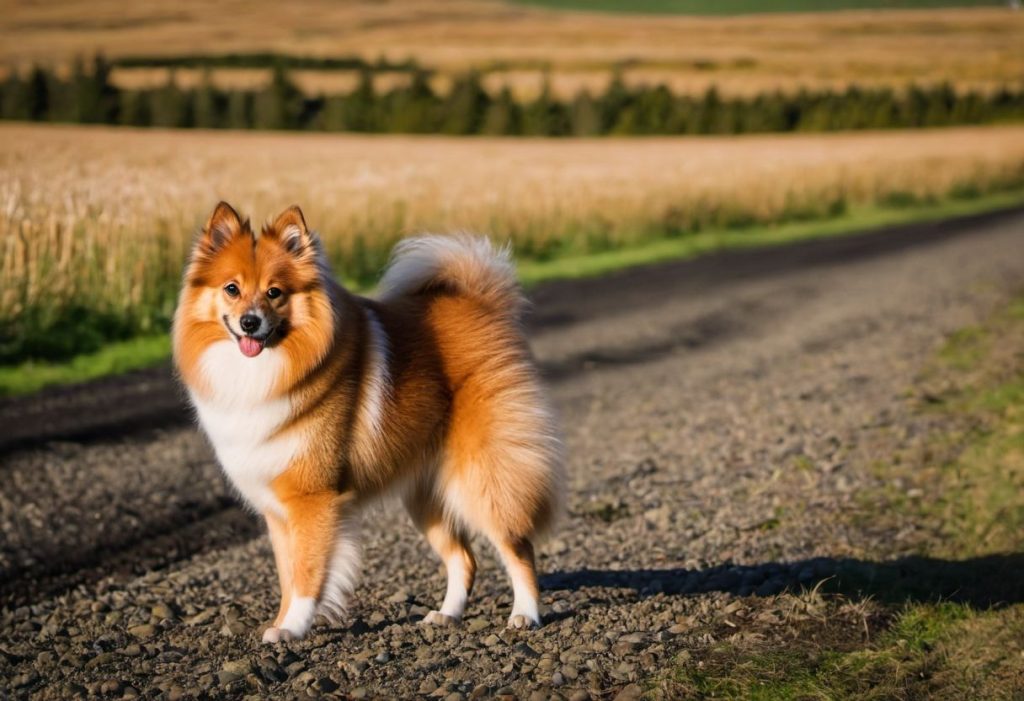
Exercise
This watchdog is an active breed that requires regular exercise to stay healthy and happy. Daily walks, playtime, and interactive games are essential to meet their exercise needs. They enjoy activities such as hiking, running, and agility training. Providing them with mental stimulation through training and puzzle toys can also help fulfill their energetic requirements.
Nutrition
Proper nutrition is vital for the health and well-being of these dogs. A balanced diet that meets their nutritional needs is essential, with high-quality dog food formulated for their size, age, and activity level. It’s important to monitor their weight and adjust their food intake accordingly to prevent obesity. Fresh water should always be available, and treats should be given in moderation to avoid overfeeding.
Health Concerns
These watchdogs are generally healthy; they may be prone to certain health issues, including:
Hip Dysplasia
It is a condition where the hip joint doesn’t develop properly, leading to discomfort and mobility issues.
Patellar Luxation
This is a condition where the kneecap dislocates from its normal position, causing lameness and discomfort.
Eye Problems
Eye problems may include cataracts, progressive retinal atrophy (PRA), and glaucoma.
Allergies
They may develop allergies to environmental factors or certain foods, leading to skin irritation and itching.
Dental Issues
Like many other breeds, these Spitz dogs may be prone to dental problems such as tartar buildup and periodontal disease if proper dental care is not provided.
Bottom Line
Icelandic Spitz is a wonderful breed known for its friendly behavior, intelligence, and energetic nature. This breed is originated from Iceland; they have a rich history as herders and companions. With their loyal and outgoing temperament, they make great family pets, getting along well with children and other animals when properly socialized.
FAQs (Frequently Asked Questions)
Q: Do Icelandic Spitz dogs shed?
Yes, Icelandic Spitz dogs have a double coat that sheds seasonally. Regular grooming is necessary to manage shedding.
Q: Are Icelandic Sheepdogs good watchdogs?
Yes, Icelandic sheepdogs are alert and make good watchdogs. They will bark to alert their owners of potential threats.
Q: Are these watchdogs suitable for apartment living?
These watchdogs are energetic and require space to move around. While they can adapt to apartment living with sufficient exercise, they thrive best in homes with a yard.
Q: Are these Spitz dogs good for first-time dog owners?
These Spitz dogs are intelligent and trainable, but they require consistent training and socialization. They can be suitable for first-time dog owners who are willing to invest time and effort into their care.
Q: Are these dogs good for outdoor activities?
Yes, these dogs enjoy outdoor activities such as hiking, running, and agility training. They thrive in environments where they can be active and stimulated.
Q: Do Icelandic Spitz dogs have a strong prey drive?
Icelandic Spitz dogs have a natural instinct for hunting small game, but with proper training and socialization, their prey drive can be managed.

